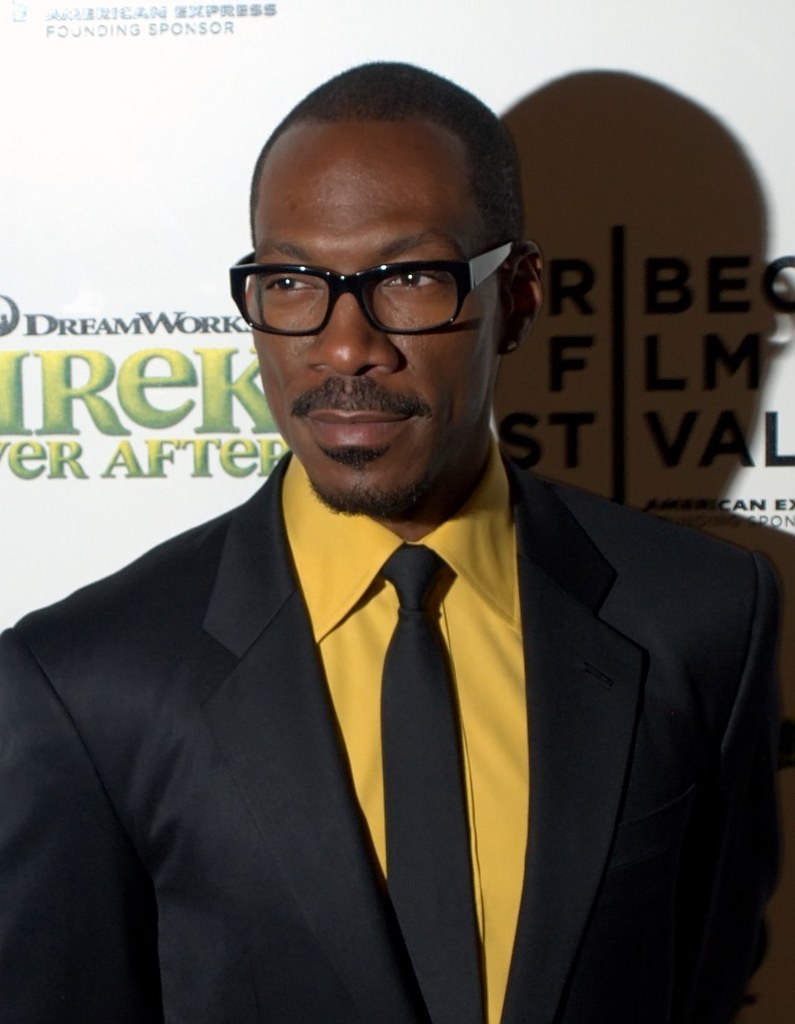The Mirror Inside Your Head

Ever wonder if you’re truly awake or just going through the motions? It’s one of those questions that hits you at 2 AM when you’re staring at the ceiling. Consciousness is your awareness of yourself and the world around you. This awareness is subjective and unique to you. Think of it like having a mirror inside your head that constantly reflects what’s happening both inside and outside your mind. But here’s the weird part – sometimes that mirror gets foggy, and you might not even notice. If you can describe something you are experiencing in words, it is part of your consciousness. So if you’re reading this and thinking about what I just said, congratulations – you’re definitely conscious right now.
Your Inner Conversation Never Stops

Your conscious experiences are constantly shifting and changing. For example, you may be focused on reading this article in one moment. Your consciousness may then shift to the memory of a conversation you had earlier with a co-worker. Next, you might notice how uncomfortable your chair is, or maybe you are mentally planning dinner. This mental chatter is like having a radio that never turns off. Sometimes it’s playing your favorite song, other times it’s just static. If you notice this constant stream of thoughts jumping from one thing to another, that’s a clear sign your consciousness is humming along nicely. The key is recognizing when you catch yourself in these mental shifts – that moment of “oh, I just noticed I was thinking about something else” is pure consciousness in action.
You Feel Something Real

For me, the test always starts with feelings. Static feelings are the inaugural events of consciousness. They are the test for whether some creature or organism is conscious or not. If that organism has a feeling, like comfort or discomfort, in a palpable way, then it’s conscious. It’s not just about thinking – it’s about actually feeling something that matters to you. Whether you’re annoyed by that dripping faucet, excited about weekend plans, or worried about tomorrow’s meeting, these emotions are like little flags waving to show consciousness is present. Even physical sensations count – the warmth of sunlight on your skin or the taste of your morning coffee. If you can genuinely feel these experiences rather than just going through the motions, you’re plugged into consciousness.
You Can Step Outside Yourself

Here’s something really fascinating – truly conscious people can watch themselves think and act. When we focus our attention on ourselves, we evaluate and compare our current behavior to our internal standards and values. We become self-conscious as objective evaluators of ourselves. It’s like being both the actor and the audience in your own life story. You might catch yourself getting angry in traffic and think, “Why am I letting this affect me so much?” That little observer voice that comments on your own behavior is a dead giveaway of consciousness. As you focus on yourself and start evaluating your current behavior, in comparison to your internal standards and values, you become self-conscious, and you become an objective evaluator of yourself. Most people sleepwalk through their days without this inner witness, but if you’ve got it, you’re definitely awake.
Your Reactions Show You’re Present

When consciousness is decreased, your ability to remain awake, aware, and oriented is impaired. Impaired consciousness can be a medical emergency. But when you’re fully conscious, you respond to things happening around you in real-time. You don’t just hear sounds – you process what they mean. You don’t just see colors – you recognize objects and their significance. The normal state of consciousness comprises either the state of wakefulness, awareness, or alertness in which most human beings function while not asleep or one of the recognized stages of normal sleep from which the person can be readily awakened. If someone calls your name and you immediately turn around, if you flinch when something unexpected happens, or if you adjust your behavior based on what’s going on around you, these automatic responses prove your consciousness is engaged and working properly.
You Remember Who You Are

This might sound obvious, but staying connected to your identity is a crucial sign of consciousness. Disorientation is the inability to understand how you relate to people, places, objects, and time. The first stage of disorientation is usually around awareness of your current surroundings. The next stage is being disoriented with respect to time. This is followed by disorientation with respect to place, which means you may not know where you are. Loss of short-term memory follows disorientation with respect to place. The most extreme form of disorientation is when you lose the memory of who you are. If you know your name, remember your past, and understand your relationships with other people, you’re maintaining that conscious thread that connects all your experiences together. It’s like having a personal filing system that keeps track of who you are across time – and if that system is working, consciousness is definitely online.
You Make Choices That Matter to You

90% of decisions are made unconsciously, according to research. You only know what you’ve decided moments after the fact. But here’s what’s interesting – conscious people can actually catch themselves making decisions and understand why they made them. When you choose chocolate over vanilla ice cream and you know it’s because chocolate reminds you of childhood, that’s consciousness at work. You can trust that a value is important to you when it successfully guides your decisions. So, if health is important to you, then you will make healthy decisions. If success is important to you, then you’ll make decisions and spend your time in ways that lead to greater success. If your choices consistently align with what you actually care about rather than just random impulses, you’re operating from a conscious place. It’s the difference between being a passenger and being the driver of your own life.
You Notice When Things Don’t Add Up

Conscious people are natural detectives of their own experience. Confusion is marked by the absence of clear thinking and may result in poor decision-making. When you’re truly aware, you notice inconsistencies – like when someone says they’re fine but their body language screams otherwise, or when you realize your actions don’t match your stated values. Inner conflict is part of the human condition. It happens when your beliefs conflict with each other. For example, you may believe you are capable of succeeding in life. At the same time, you may harbor doubt about your abilities. This is a sign of inner conflict. This ability to spot contradictions, whether in yourself or your environment, shows that your consciousness is actively processing and making sense of information rather than just passively absorbing it.
You Can Imagine Different Scenarios

One of the coolest features of consciousness is its ability to create mental movies of things that haven’t happened yet or situations that don’t exist. For example, we can tell the patient, “If you want to say yes, imagine that you are playing tennis. If you intend to say no, make a mental trip from your front door to your bedroom.” If you can picture yourself on a beach vacation next month, imagine how a conversation with your boss might go, or even just daydream about winning the lottery, your consciousness is flexing its creative muscles. This mental time travel and scenario building is something only conscious beings can do. You’re not just stuck in the present moment – you can mentally hop around through time and possibility, which is pretty amazing when you think about it.
Your Body Gives You Clues

Sometimes your body knows you’re conscious before your mind catches up. Dizziness. Sensation that you are going to lose consciousness within a few moments, including instability of the body (cannot remain standing correctly). But when you’re fully present, your body feels solid and connected. With a heightened awareness of the cues her body is giving her signaling fear and anxiety, she’ll name the emotion at the moment and choose not to be overwhelmed by it. You might notice your heart racing when you’re nervous, your shoulders tensing when you’re stressed, or feeling energized when you’re excited. Feeling of heat or a hot flush. At the beginning, a feeling of intense heat may be noted, particularly, in the face and neck. Blurred vision. It is a very common symptom just before losing consciousness. Cold sweats. It is a fairly common symptom. When these physical sensations register clearly and you can connect them to what’s happening in your mind, that’s consciousness working through your entire being, not just your brain.
You Can Communicate Your Inner World

Perhaps the most human sign of consciousness is your ability to translate your inner experience into words that others can understand. Just because patients cannot move does not mean they are unconscious. This is a classic fallacy; consciousness does not reside in our muscles but in our brains. When you tell a friend “I’m feeling overwhelmed” or explain why a movie moved you, you’re taking something completely internal and subjective and making it accessible to another person. This bridge between inner and outer worlds is consciousness in action. If the motor cortex is activated, we know that the patient heard and understood and therefore is conscious. Even if you can’t always find the perfect words, the very attempt to share your experience with others shows that consciousness is alive and well inside you.
The Final Reality Check

If you’ve read this far and found yourself nodding along, questioning your own awareness, or even disagreeing with some points, that’s probably the best sign of all that you’re conscious. Consciousness, at its simplest, is awareness of a state or object, either internal to oneself or in one’s external environment. However, its nature has led to millennia of analyses, explanations, and debate among philosophers, scientists, and theologians. The very act of wondering about your own consciousness creates a kind of feedback loop that only conscious beings can experience. It’s like trying to see your own eyes without a mirror – the effort itself proves what you’re looking for. Psychologists and neuroscientists have long explored what consciousness means, but there is still much debate about what it entails. Some view it as a stream of your perceptions and thoughts, while others suggest that it’s the result of activity in the brain that we don’t yet fully understand. So if you’re still wondering whether you’re truly conscious, the fact that you’re asking the question is your answer.





